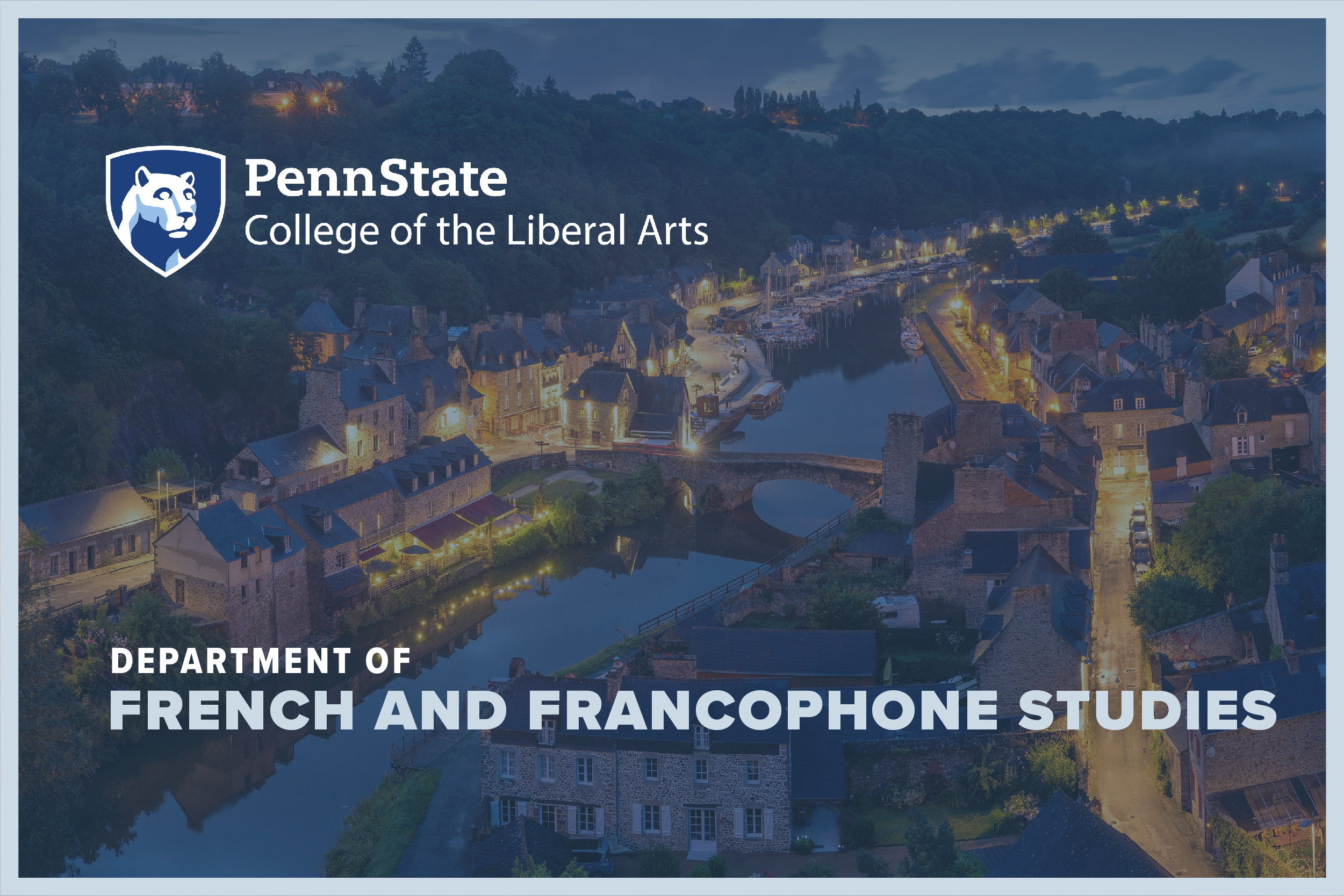Dissertation Defense: Katie Ellis
Candidate for the PhD in French and Women’s, Gender, and Sexuality Studies
“WE MAKE THE SICK INTO MEN AGAIN”: IMPLICATING DOCTORS’ MASCULINITY IN THE CONCEPTUALIZATION OF MEDICALIZED TRAUMA IN WORLD WAR I FRANCE
Dissertation Committee:
Jennifer Boittin (Co-Chair and Dissertation Co-Adviser; Associate Professor of French, Francophone Studies, History, and Women’s, Gender, and Sexuality Studies)
Alicia Decker (Co-Chair and Dissertation Co-Adviser; Associate Professor of Women’s, Gender, and Sexuality Studies, African Studies, and History)
Emmanuel Bruno Jean-François (Associate Professor of French and Francophone Studies and Comparative Literature)
Greg Eghigian (Professor of History and Bioethics)
Christopher Forth (Professor of History, University of Kansas)
Abstract
Western doctors made significant strides toward the formalization of modern fields of medicine like psychiatry and neurology during the Great War (1914-1918). Through this process of formalization, many experts participated in the earliest concerted efforts to write a model of psychological trauma into established scientific knowledge–an endeavor of which the far-reaching legacy can still be felt today. Indeed, the perspectives that shaped World War I medical models have informed, and continue to inform, Western societies’ ideas about what it means to be healthy or sick, normal or abnormal, natural or pathological. The Western world’s view of intellectual personae and scientific discoveries during the Great War also constitutes a cornerstone to cultural narratives woven throughout a number of modern human sciences, and has played a singular role in shaping history, the philosophy of Western psychiatry, and social memory of WWI. Research on this period is therefore essential to gaining a fuller understanding of the impact and influence of WWI medical models, particularly in the comparatively understudied Francophone context.
In this dissertation, I employ close reading and discursive analysis to trace networks of recurring language, images, and themes in influential French medical journal articles on trauma published during and immediately after the war (1914-1919). I demonstrate that, in their attempts to explain precisely what trauma was, doctors repeatedly returned to a medical construct of la volonté (willpower), a central marker of distinctly masculine health that was diametrically opposed to the alleged catalyst for men’s psychological undoing: l’automatisme. Historically conceptualized as the distinguishing factor between maleness and femaleness, willpower as a badge of self-control, self-determination, and cognitive ability had long ‘justified’ patriarchy and male supremacy. By comparison, l’automatisme symbolized uncontrollable elements of human experience frequently associated with femininity, such as emotions, reflexes, instincts, and the imagination. I demonstrate that French doctors theorized that, within a healthy man, la volonté rightfully ruled over l’automatisme, such that psychological trauma itself appeared to take place through the ‘unnatural’ empowerment of l’automatisme over la volonté. I expand on this theoretical foundation to illustrate how these terms–la volonté as masculinity and health, l’automatisme as the unmasculine and illness–overdetermined French doctors’ explanations of psychological trauma during a critical moment in the history of Western medicine. I work to reconstruct the broader model of trauma in this historical moment by highlighting major discussions around pressing issues such as desertion and “pathological fear”; the perceived need for separation between the healthy mind and the obedient body; influential theories on the “quasi-pathological” nature of North Africans that both echoed and served to advance racist and imperialist French agendas; and the most effective methods for treating psychological trauma in men.
